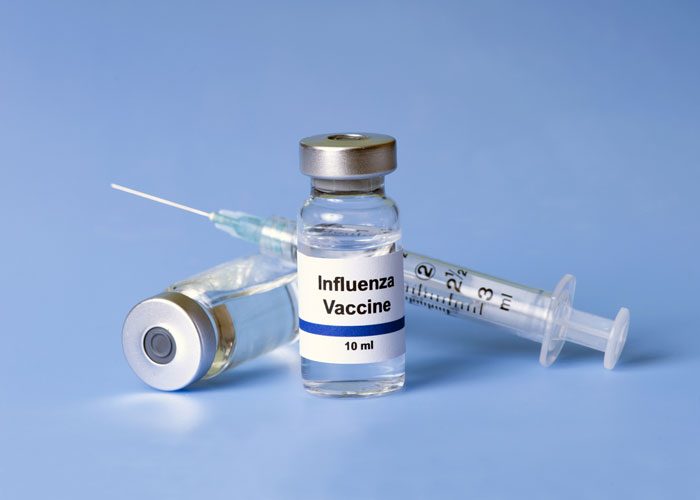Flu vaccine found to be ineffective in leukaemia patients
Posted: 17 October 2017 | Dr Zara Kassam (European Pharmaceutical Review) | No comments yet
Leukaemia patients who were vaccinated against influenza were just as likely as their unvaccinated peers to develop flu, suggesting that additional steps are necessary to protect high-risk individuals…


Young leukaemia patients who were vaccinated against influenza were just as likely as their unvaccinated peers to develop flu, suggesting that additional steps are necessary to protect high-risk individuals, according to St. Jude Children’s Research Hospital.
The retrospective study looked at rates of flu infection during three successive flu seasons in 498 St. Jude patients being treated for acute leukaemia. Researchers found the 354 patients who received flu shots, including 98 who received booster doses, and the 144 patients who were not vaccinated had almost identical rates of confirmed flu and flu-like illness.
“This is preliminary data. The annual flu shot, whose side effects are generally mild and short-lived, is still recommended for patients with leukaemia who are being treated for their disease,” said lead author Dr Elisabeth Adderson, an associate member of the St. Jude Department of Infectious Diseases. “However, the results do highlight the need for additional research in this area and for us to redouble our efforts to protect our patients through other means.”
Along with good hand hygiene, Dr Adderson said at-risk patients would be wise to avoid crowds during the flu season. Patients may also benefit from “cocooning,” a process that focuses on getting family members, health care providers and others in close contact with at-risk patients vaccinated.
Flu and related complications remain a leading cause of death and hospitalisation in the U.S. Children with chronic illness or weakened immune systems are at greater risk for flu complications than healthy children.
An annual vaccination with inactivated flu viruses is recommended for anyone 6 months or older by the American Academy of Pediatrics and the Federal Centers for Diseases Control and Prevention Advisory Committee on Immunization. The advisory groups urged making special efforts to ensure that high-risk groups, including pediatric cancer patients and other children with chronic illnesses or weakened immune responses, were vaccinated.
Compared to healthy children, children being treated for cancer were known to mount weaker immune responses to the flu vaccine. However, previous research showed that following vaccination, 28 to 100 percent of pediatric cancer patients developed levels of antibodies considered adequate to provide protection.
Dr Adderson decided to take a closer look at vaccine effectiveness when she noticed flu and flu-like illnesses in patients she knew had been vaccinated.
Researchers in this study reviewed the medical records of St. Jude patients in treatment for acute leukemia during the 2011–12, 2012–13 and 2013–14 flu seasons. Investigators found there was no significant difference in the overall rates of confirmed flu or flu-like illness between vaccinated and unvaccinated patients for either individual flu seasons or the entire period of the study.
Investigators found there was no significant difference in the overall rates of confirmed flu or flu-like illness between vaccinated and unvaccinated patients for either individual flu seasons or the entire period of the study.
A booster vaccine dose, which 98 (or 19.7 percent) of patients received, was not associated with a reduction in flu or flu-like illness. Also, vaccination did not delay the onset of confirmed flu or flu-like illness.
Patients in this study received the trivalent vaccine, designed to protect against three flu strains predicted to be in wide circulation during a particular flu season. A mismatch between the vaccine and circulating flu viruses can reduce overall vaccine effectiveness. However, the flu vaccines in this study were a fairly good match for circulating flu viruses during the flu seasons included in this analysis.
Pediatric leukaemia treatment typically takes several years and often leaves patients with temporarily weakened immune responses. said Dr Adderson the combination may help explain reduced vaccine effectiveness. She said additional research is needed to determine if a subset of pediatric leukaemia patients or patients with solid tumours may benefit from vaccination, said Dr Adderson .
The study appears in the Journal of Pediatrics.
Related organisations
American Academy of Pediatrics, St. Jude Children's Research Hospital









